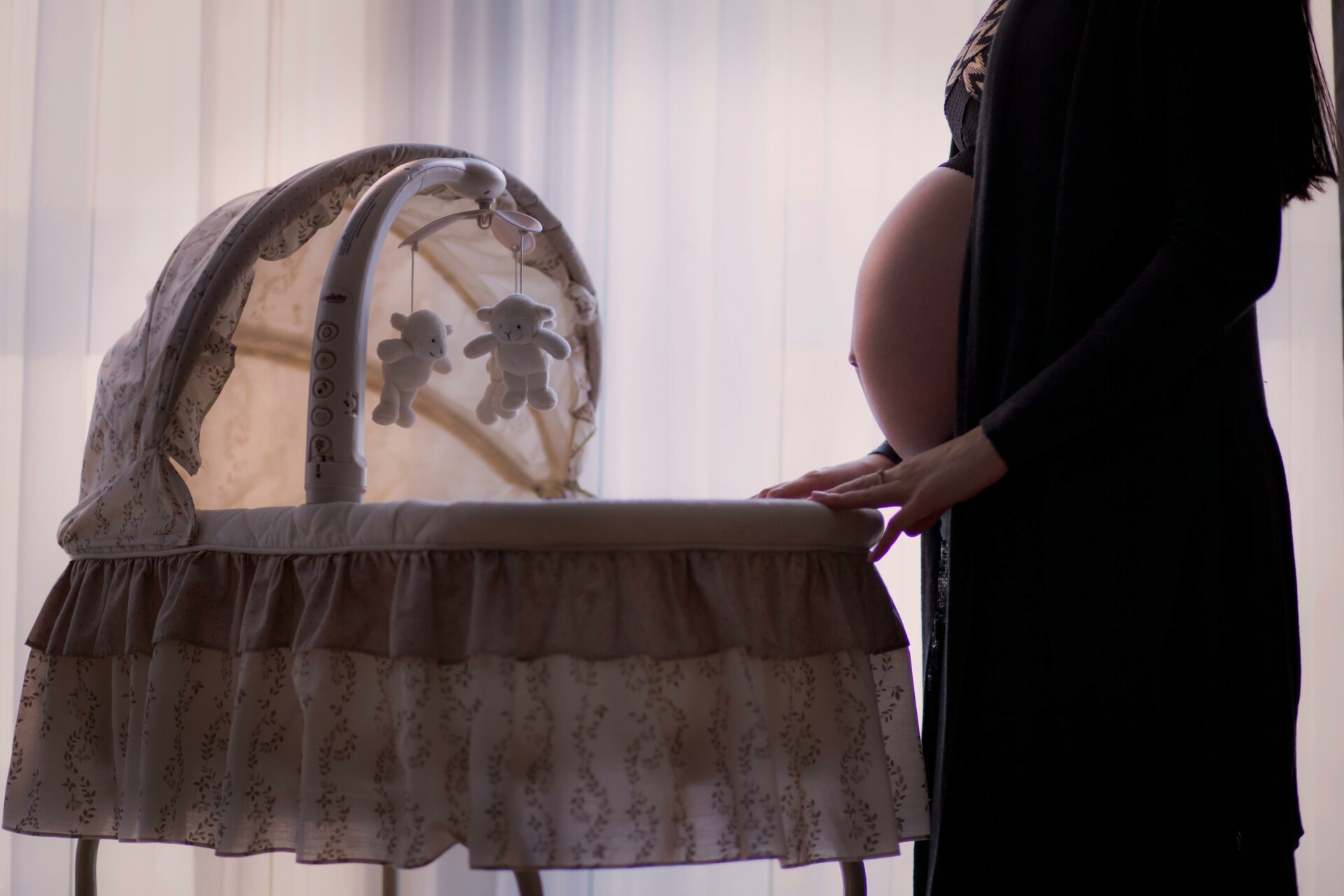Result
At 1.36 children per woman, the birth rate in Germany is too low to halt a population decline. To achieve this, around 2.1 children per woman would have to be born. There are many reasons for this, ranging from financial burdens and a lack of state support to the fear of divorce and single parenthood. In a ten-year comparison, however, fears have decreased. In eight out of ten areas, agreement with arguments against starting a family is lower today than in 2014.
Reasons
The two main reasons cited by German citizens for not starting a family are the high financial burden and the difficulties in reconciling work and family life. Despite efforts by companies to offer more family-friendly structures, reconciling work and family life remains a challenge for many parents. According to calculations by the Federal Statistical Office, the cost of having a child is over 150,000 euros by the time the child reaches the age of 18, which discourages many potential parents from having children.
Another key reason is the general uncertainty about the future. The only statement that has increased here is concern. Almost half of people are worried about future social developments, whether in terms of economic growth, climate change or conflicts. Bringing a child into this world seems irresponsible to an increasing number of couples.
Forecast
The decreasing concerns in most areas show that it is definitely possible to actively influence the birth rate. Potential parents can be relieved of fears and burdens by creating the right framework conditions. In future, politicians will continue to be called upon to improve these framework conditions for families. The Federal Government currently refers to over 150 different family policy benefits. Of these, around 48 billion euros are provided annually for child benefit alone. In future, companies should continue to promote the compatibility of work and family life. Be it through more flexible working time models or a supportive corporate culture, in order to remain attractive for both parents in the long term. Ultimately, however, the decision to have a family is of course still up to each individual citizen. And despite all the fears, compromises and restrictions, more and more Germans are recognising how much children contribute to improving quality of life and personal happiness.



